Almost 120 years ago, the Australian writer Henry Lawson offered some counsel to those who came after him, writing that his
advice to any young Australian writer whose talents have been recognised would be to go steerage, stow away, swim and seek London, Yankeeland or Timbucktoo rather than stay in Australia till his genius turn to gall or beer. Or failing this — and still in the interests of human nature and literature — to study elementary anatomy, especially as applies to the cranium, and then shoot himself carefully with the aid of a looking-glass.
Lawson’s words don’t provide the epigraph to Ryan O’Neill’s blackly hilarious and structurally audacious debut novel, Their Brilliant Careers, although his bleak assessment of the prospects for anyone foolish enough to try to eke out a literary career in Australia certainly informs it at almost every level.
The Winner of Australia’s Prime Minister’s award for fiction, Their Brilliant Careers is composed of 16 capsule biographies of Australian writers, together with a foreword and an extended afterword by the book’s author. The only catch is that the writers are all invented, while the Ryan O’Neill responsible for the book is not Ryan O’Neill, celebrated short story writer, but Ryan O’Neill, unsuccessful and embittered literary historian who wrote the overlooked history of the Australian short story, Ordinary People Doing Everyday Things in Commonplace Settings, and the seminal Sacred Kangaroos: Fifty Overrated Australian Novels, as well as one sadly neglected collection of short fiction, The Weight of a Human Heart (this last one is real, and was published in the UK in 2012).
The writers covered are nothing if not various. At one end of the spectrum there is the odious body-builder, fascist and suspected murderer, Rand Washington, author of the Cor Saga, a series of explicitly racist pulp novels set on a planet on which a ‘savage, untrustworthy, genetically inferior tribe of evil blacks’ have wrested power from their white masters. At the other, there are avowedly experimental writers, such as Arthur ruhtrA, famous for writing a 734- page satire of Parisian literary life that does not use the letter ‘c’ at any point in its pages. And scattered between them are a rogue’s gallery of luckless liars and drunks and suicides, all ruined by the demands of the literary life.
For anybody with even a passing knowledge of Australian literature and literary culture the book is a riot of allusions and in-jokes. There is Sydney Steele, drowning after hurling himself from the Manly ferry in late 1945, thereby recapitulating the death of the journalist Joe Lynch, which served as the inspiration for Kenneth Slessor’s magnificent poem ‘Five Bells’. There is a book of short stories which borrows its title, Ultima Thule, from the third and most harrowing of Henry Handel Richardson’s extraordinary trilogy, The Fortunes of Richard Mahony; or Addison Tiller, ‘the Chekhov of Coolabah’, an amalgam of Henry Lawson and Steele Rudd, famous for his bush ballads, who never left Sydney. Even the book’s title is a play on the title of Miles Franklin’s most famous novel, My Brilliant Career (an association that is deepened by the hovering presence of that book’s less-celebrated sequel, My Career Goes Bung).
While these allusions grant the novel an added layer of pleasure, they are far from its point. Instead, it interrogates a series of questions about authorship, interweaving the stories of writers such as the systematic plagiarist, Frederick Stafford, author of such works as Odysseus and The Sun Comes Up Too, and the Gordon Lish-like editor, Robert Bush, who so extensively revises many works they are almost unrecognisable. And, as the lives documented overlap and intertwine (and the bodies begin to mount up), another story begins to emerge — one involving not just O’Neill and his late wife, Rachel Deverall, but also a mysterious book containing the key to all literatures and O’Neill’s new collaborator and sometime alibi, Anne Zoellner.
In this the book gestures explicitly towards Nabokov’s Pale Fire, with O’Neill’s fictional namesake playing the part of a cut-price Kinbote. Yet it also registers a larger interest in the machinery of literary celebrity, and more particularly its capriciousness. As Lawson understood, there may be second and even third acts in Australian literary lives (especially Rand Washington’s), but there are seldom happy endings.
If the book has a flaw, it’s that its satire is almost exclusively backward-looking. Certainly the version of Australian literature O’Neill conjures feels very much of a historical moment, in which the notion of Australian literature was intimately entwined with the idea of Australia itself, and the concerns and anxieties it attended to were those of its European population (it seems significant the book’s imaginary writers are almost uniformly white, and the presence of Aboriginal culture is largely felt as an absence).
There is an irony here in the fact that O’Neill himself is so obviously and eloquently a creature of the digital age, as at home on Twitter as he is between the covers of a book. More importantly, though, the novel’s decision to turn its considerable firepower on the targets of the past means it fails to grapple with the fact the technological transformation of the cultural landscape has not made things easier for Australian writers, or done much to alter Lawson’s bleak assessment of the status quo. It might be easier for a young writer to place an article in The New Yorker, but international success as a novelist almost invariably requires Australian writers to strip their work of any suggestion of Australianness. While Australian society more generally has rushed to embrace the globalised monoculture of Netflix and Amazon, cheerfully collaborating in its own colonisation, Australian writers remain awkward outsiders in the global cultural marketplace, unloved at home, unwanted abroad, neither similar enough to pass easily nor different enough to be exotic.
That O’Neill has not just chosen not to do this but to amplify and interrogate Australian life and culture is to be celebrated. Yet it would be a mistake to see in Their Brilliant Careers anything as simplistic as a defence or celebration of Australian literature. Instead, what it offers is something strange and often wonderful, a wildly inventive and formally dazzling reworking of both the tropes and traditions of Australian literature, and by extension Australian culture more generally.
Got something to add? Join the discussion and comment below.
Get 10 issues for just $10
Subscribe to The Spectator Australia today for the next 10 magazine issues, plus full online access, for just $10.
You might disagree with half of it, but you’ll enjoy reading all of it. Try your first month for free, then just $2 a week for the remainder of your first year.

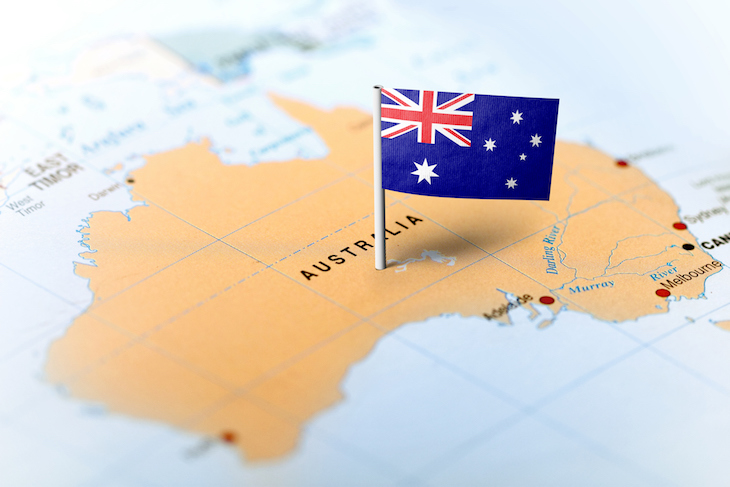
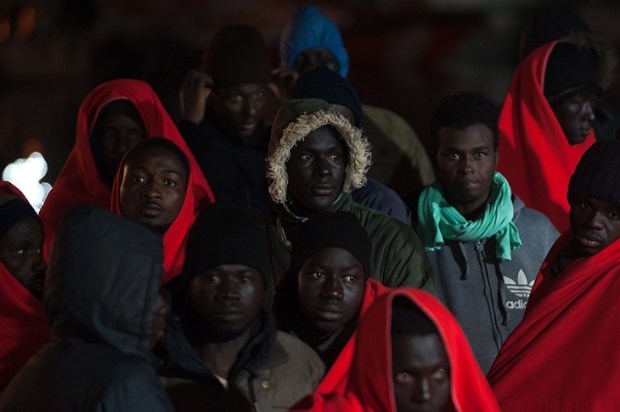
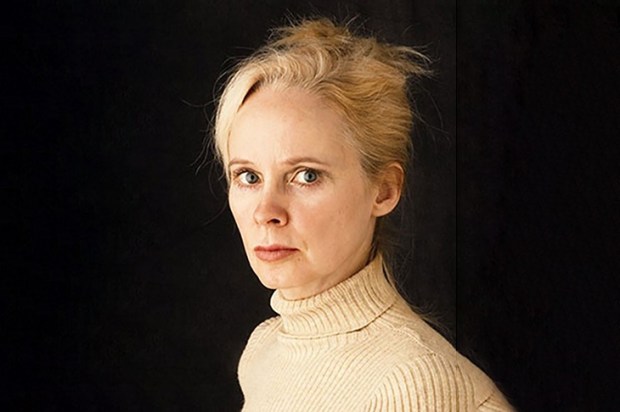
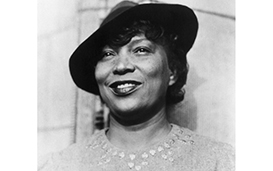

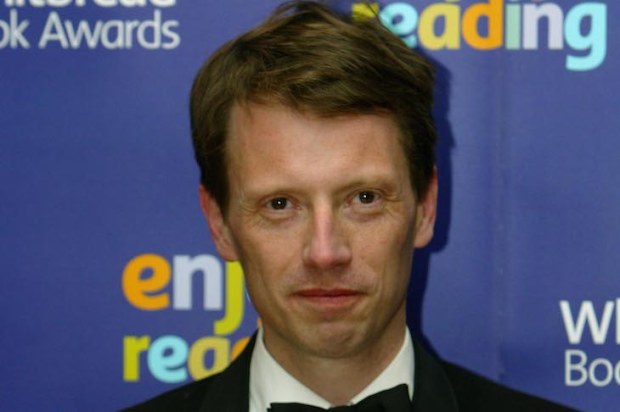
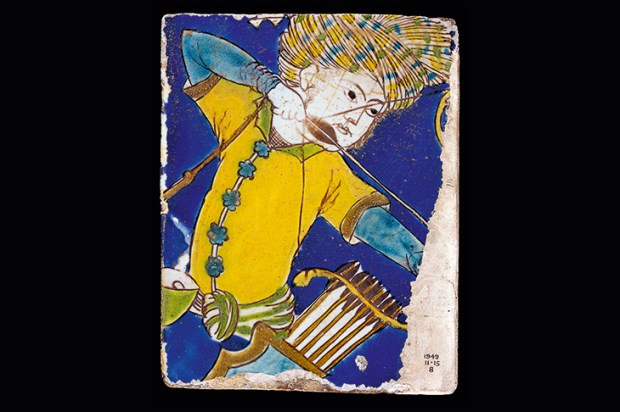






Comments
Don't miss out
Join the conversation with other Spectator Australia readers. Subscribe to leave a comment.
SUBSCRIBEAlready a subscriber? Log in